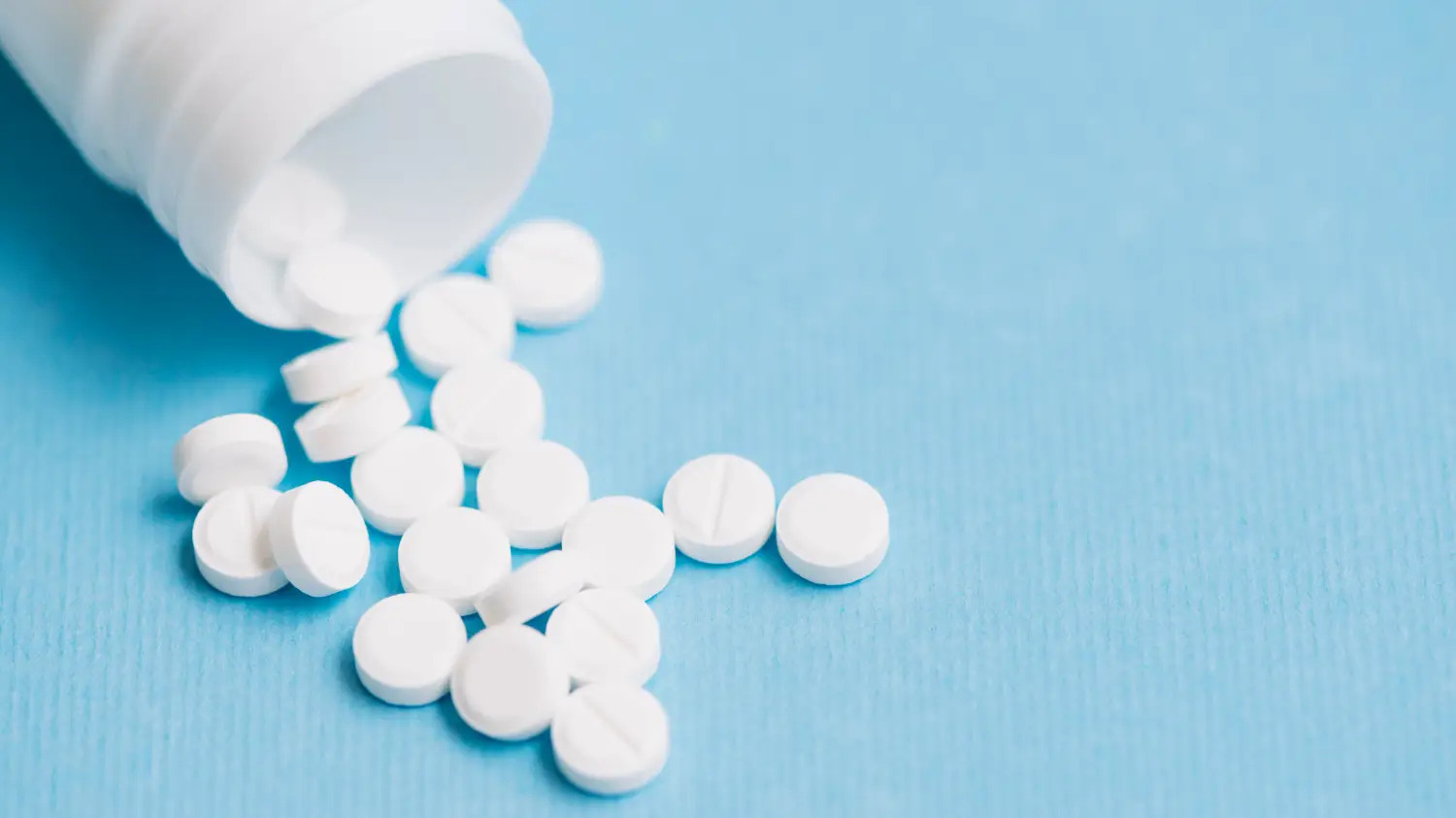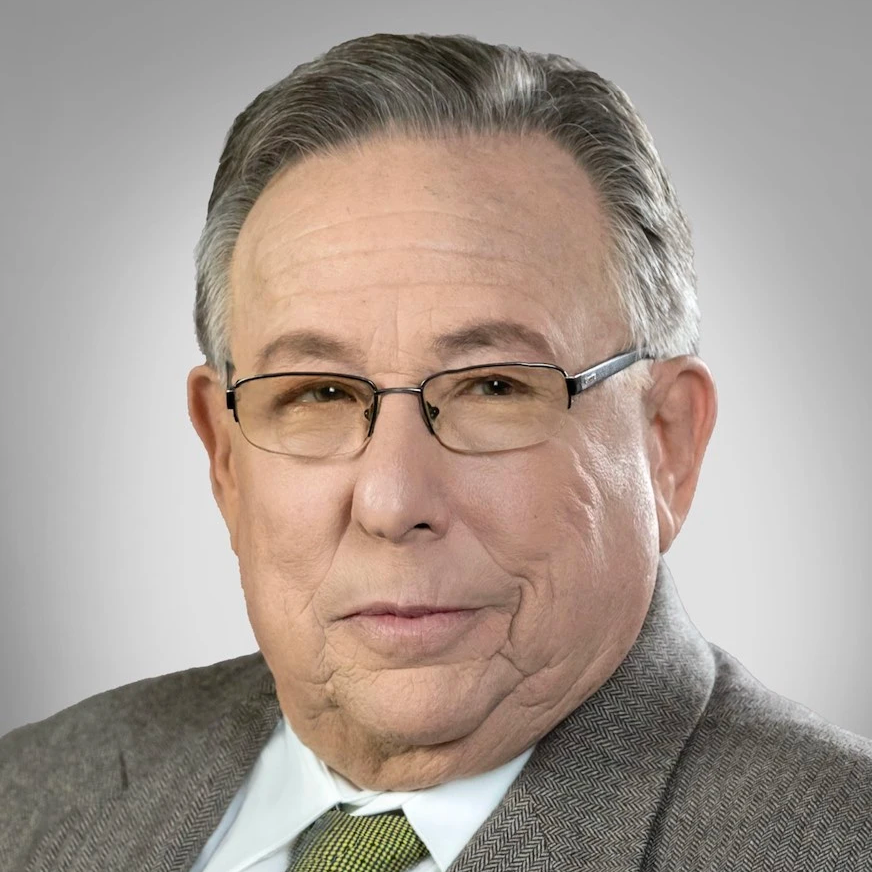What are Some of Ritalin’s Street Names?
Ritalin (methylphenidate) is a well-known drug among teenagers and college students because it’s easy to get on the streets. While it's a legal prescription drug, street selling of Ritalin is highly prohibited. For this reason, street names for Ritalin, like skippy or Vitamin R, are used to conceal its illegal sale.

Misuse of Ritalin can lead to medical risks like palpitations, hypertension, weight loss, and heart attack. So it’s essential to know as soon as possible if someone is abusing Ritalin.
Read on to learn more about the uses, effects, and common street names for Ritalin.
What is Ritalin?
Ritalin is a brand name for the prescription drug methylphenidate, a stimulant treatment drug for people with Attention-Deficit Hyperactivity Disorder (ADHD) and some symptoms of Parkinson’s disease. Ritalin was first marketed around 1954 and was originally intended for chronic fatigue and narcolepsy, but eventually, doctors found this drug best for symptoms of ADHD.
Ritalin stimulates the brain's chemicals dopamine and norepinephrine, which are responsible for one’s attention span, focus, pleasure, and movement. So basically, this drug helps people with ADHD to concentrate and enhance their ability to focus on their tasks.
However, some people use Ritalin recreationally. Since it’s a nervous system stimulant, Ritalin brings euphoria and wakefulness, which can be very addictive due to frequent use.
For instance, a working professional like a doctor, soldier, or lawyer can use Ritalin to become more mentally alert during stressful situations. Also, students dealing with extreme academic stress can resort to Ritalin use to cram reviewing during examinations or finishing their academic requirements.
Is Ritalin a Legal Drug?
Yes ritalin is completely legal as it is proven safe and effective medication for ADHD symptoms. However, legal consumption of Ritalin must be under the direction of a licensed physician.
What’s illegal is abusing Ritalin, such as purchasing it from street dealers. Ritalin is a Schedule II substance under the Controlled Substances Act (like meth and cocaine), which means that it can be potentially abused and cause serious physical and mental risks.
Is Ritalin Addictive?
Yes, Ritalin is addictive if consumed without the instruction of a physician. The effects of Ritalin on the brain’s dopamine levels provides a sudden burst of euphoric sensation, especially during the first use.
So people who use Ritalin for non-medical purposes usually try to replicate that “pleasure burst” by consuming higher doses of Ritalin over time, leading to drug addiction. Eventually, prolonged Ritalin intake makes someone tolerant of the drug, so the person continues to increase the dosage in hopes of reaching the same sensation again.
When a person becomes addicted to Ritalin, it can be difficult for them to stop taking the drugs. At this point, it’s not advisable to suddenly stop Ritalin consumption as it may lead to severe withdrawal symptoms. A treatment specialist has to guide the patient in terminating their Ritalin use gradually.
What are the Common Nicknames for Ritalin?
Common Ritalin addiction streetmnames include, Kiddie cocaine, Uppers, Skittles, etc.
By using street names, illegal drug dealers can sneakily discuss and sell Ritalin to buyers. Here are some of Ritalin’s street aliases so you’ll be aware if someone illicitly trades the drug on the street.
Kiddie Cocaine
Ritalin is a popular substance abused by children because they can “legally” obtain it from their parents or nurses. The prominence of Ritalin among kids gave birth to its nickname, “Kiddie Cocaine.”
The use of this term was quite popular even 20 years ago. In 2002, 6 sixth graders at a Rhode Island Middle School and 5 students from a Florida High School were caught abusing prescription ADHD medicine, including Ritalin.
Uppers
An “Upper” is a slang term for a stimulant drug, a substance that can boost one’s energy, alertness, mood, libido, and self-confidence. Since Ritalin pills are stimulants, people also called them “Uppers.”
Smarties
Ritalin is a small pill that comes in three different colors: pale yellow (for 5 mg tablets), pale green (for 10 mg tablets), and white (for 20 mg tablets). This drug resembles a popular candy brand called “Smarties,” which are almost the same size and shape as an aspirin tablet. For this reason, illegal dealers also called Ritalin “Smarties.”
Skittles
Skittles is also a candy brand like Smarties; they are round, small, and colorful, just like the Ritalin tablets. Some young people call their “drug gatherings” “Skittle parties,” where they consume stimulants like Ritalin, Concerta, or Adderall to get “high.”
Vitamin R
Vitamin R is obviously Vitamin “Ritalin,” as the drug resembles vitamin tablets. The nickname might also be due to the stimulant effect of a drug, just like how vitamins strengthen one’s body. Some students who abuse Ritalin also refer to it as the “cramming drug” as it helps them to stay awake during examinations or finals week.
Speed
“Speed” is a slang term typically used for methamphetamine, which is a stimulant drug. Since Ritalin also has a similar stimulant effect to meth, some also use the term “speed” to refer to these pills.
Diet Coke
It’s not common to use this nickname for Ritalin, but some still use it because of Ritalin’s energy-boosting effect that is similar to what a diet Coke or a caffeinated soda can provide.
Poor Man’s Cocaine
Ritalin is chemically similar to cocaine and can induce the same stimulant effect. However, Ritalin is cheaper and easier to obtain as it’s a legal prescription drug. Thus, “Poor Man’s Cocaine” is a common nickname for Ritalin.
Other Street Names of Ritalin
Listed below are other Ritalin aliases on the streets:
-
R-Ball
-
Rids
-
Pineapple
-
Kibbles and Bits
-
R Pop
-
Jif
-
MPH
-
Smart Drug
-
West Coast
How Can Ritalin Be Abused?
Ritalin can be abused by using it other than for medical purposes.
The most common form of Ritalin abuse is its recreational use. Because it is a stimulant, some experience euphoria and increased awareness when using it. Usually, abusers just swallow the pills and wait for its effect to kick in, but some crush it as well to powder and snort it. Dissolving it in water and injecting it directly is common as well.
There are also reports of students using Ritalin to improve their academic performance or professionals to boost their productivity.
However, long-term use of Ritalin can lead to addiction, and oftentimes, sudden withdrawal from Ritalin consumption can lead to depression, anxiety, or more intense cravings.
What are the Effects of Ritalin?
The effects of Ritalin are increased irritability, anxiousness, seizure, fever, etc. effects can be mild or severe, depending on how frequently you consume it. A person who consumes Ritalin at high doses and develops dependence and abuse is at higher risk of suffering from its severe side effects.
Mild Side Effects of Ritalin
Ritalin’s effect is usually short-lived, so these side effects might occur only during the period when Ritalin is inside your system:
-
Increased irritability
-
Anxiousness
-
Feeling depressed or tense
-
Trouble sleeping
-
Stomach ache
-
Dry mouth
-
Loss of appetite
-
Headache
-
Allergic reaction (itching, rhinitis, rash, watery eyes, etc)
Note that these side effects only occur in 1 in 100 people. So, taking Ritalin doesn’t mean you’ll automatically feel these side effects.
Severe effects of Ritalin Overdose
As with other prescription pills, a person can also overdose on Ritalin.
Ritalin is not a harmful substance per se, but taking it at high doses poses serious risks. Overdosing Ritalin is a common case for people who buy the drug from street dealers as they tend to consume higher amounts than what is typically prescribed.
Ritalin overdose can lead to:
-
Hallucinations, delusions, and paranoia
-
Seizures
-
Twitching
-
Tremors
-
Palpitations
-
Fever
-
Nausea and vomiting
-
Trouble breathing
-
Muscle pain
A person experiencing these effects due to a Ritalin overdose must be given immediate medical attention.
Serious Medical Risks of Ritalin Abuse
Taking Ritalin without a prescription from a physician can be very dangerous. Long-term recreational use of Ritalin can lead to severe medical risks such as:
-
Anemia
-
Leukopenia
-
Psychotic behavior
-
Weight loss
-
Cardiovascular complications
-
Peripheral vascular diseases (e.g., Raynaud’s disease)
How to Know if Someone Has Ritalin Addiction?
To know if someone has ritalin addiction, one can use the DSM-5 criteria for substance use disorder to determine if someone has a Ritalin addiction.
Listed below are some ritalin symptoms to check out for.
-
Intense cravings to consume Ritalin. The person has strong urges to use Ritalin even if he doesn’t need to.
-
Consuming more Ritalin than what is intended. The person takes the substance in larger doses and uses it for longer than what is meant to.
-
Spending a lot of time to acquire and use Ritalin. The person exerts a lot of effort to get Ritalin, despite knowing the potential risks of misusing it.
-
Withdrawal from family, friends, and social events because of substance use. The person also neglects his responsibilities at home, school, and work.
-
Stronger tolerance to Ritalin. The person needs larger doses of Ritalin just to get the same stimulant effect his seeking.
-
Continued use of Ritalin even during dangerous situations.
-
Continued use of Ritalin despite deteriorating personal relationships.
How to Treat Ritalin Addiction?
To treat Ritalin addiction, starts with detoxification and CBT. During this process, the excessive amounts of harmful chemicals from Ritalin abuse gradually decrease. However, the patient’s brain and body have to adjust to the neurochemical changes occurring during the detox process, leading to withdrawal symptoms. The treatment specialist will help them manage the symptoms by providing medication.
The next step is to target one’s behavioral and thought patterns to break the cycle of Ritalin addiction from the system completely. Psychosocial therapy, like Cognitive Behavioral Therapy (CBT), is typically used to help the patient identify and address triggers of Ritalin use.
The therapy process is typically done through one-on-one sessions with take-home activities like journal writing. Along the process, the therapist will provide coping mechanisms to the patient to help them overcome negative thoughts that tempt them to abuse Ritalin.
Peer support therapy or family therapy sessions are also used to provide emotional support to the patient during recovery.
Why Should You Know the Alternative Names for Ritalin?
You should know the street names of ritalin to enable you to understand if someone you know buys Ritalin and is suffering from addiction. And if you’re a parent, you can understand if your child uses “secret” terms that might refer to harmful substances.
Anyone can easily get Ritalin on the streets. It’s indeed illegal to buy Ritalin for non-medical use, but sellers and buyers can evade restrictions by using “street names” to hide their illicit transactions.
You can still help people who already succumbed to Ritalin abuse. There are lots of treatment centers that specialize in substance abuse and addiction that can help victims shift their negative habits to positive ones.
In case of emergency, such as a Ritalin overdose, call 911. You can also connect with Better Addiction Care today to find rehab centers and treatment specialists for your loved ones healing from drug addiction.


